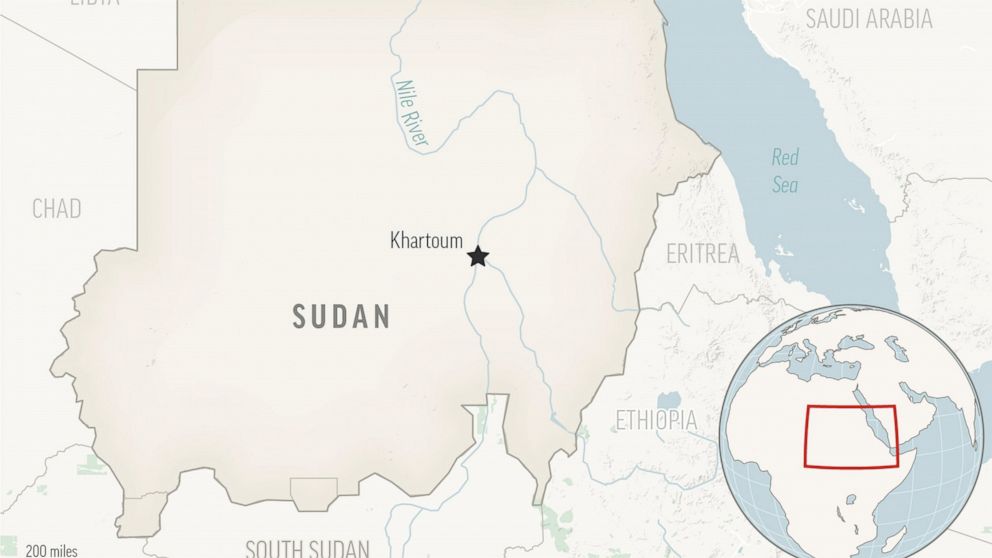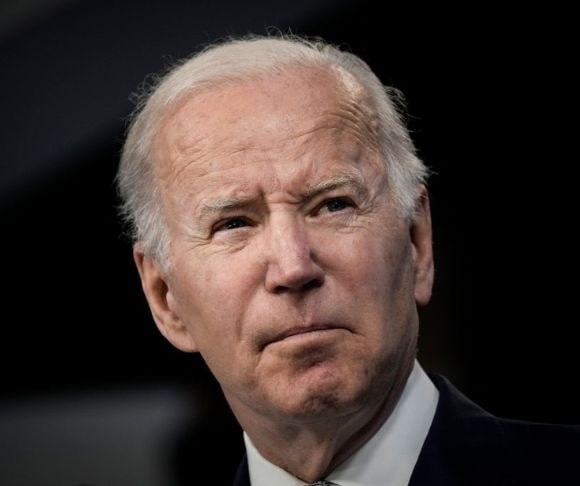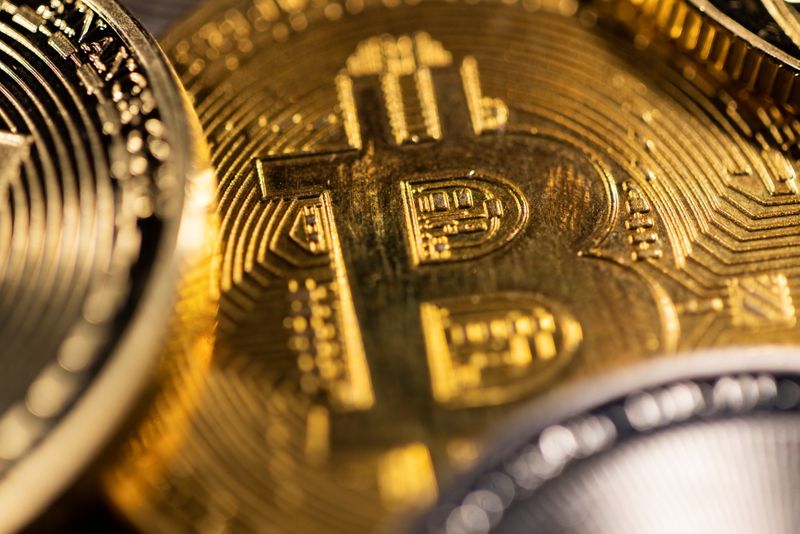Recep Tayyip Erdogan is set to extend his two-decade tenure as Turkey’s leader after winning a presidential election run-off on Sunday. Erdogan defeated Kemal Kilicdaroglu, who emerged as a consensus candidate for six opposition parties. Mint breaks down the significance of his win.
- Turkey’s President Erdogan, who has led the country since 2003, won a run-off election against former civil servant Kilicdaroglu on Sunday. According to the country’s Supreme Election Council, Erdogan won 52.1% of the votes while his opponent secured 47.9%.
- Erdogan was forced into a runoff election earlier this month after he failed to secure over 50% of the vote in the first round of the polls. In 2018, he won election in the first round.
- This time around, Erdogan defied poll predictions to defeat his opponent with surprising ease. While he was forced into a run-off, he maintained his support among conservative voters. Experts pointed out that Erdogan’s final vote tally of 52.1% was close to the share he secured in 2018, pointing to the durability of his support.
- Going into the election, Erdogan’s administration had made some very public mistakes. Its mishandling of the response to the earthquakes in February and the ongoing inflation crisis had caused some of his support to erode. There have also been concerns about the rise of authoritarianism in the country.
- Six of Turkey’s opposition parties united behind Kilicdaroglu in the hopes that he would be able to topple Erdogan. However, that proved a bridge too far. As news of the result broke, global leaders including US President Joe Biden, French President Emmanuel Macron and Indian Prime Minister Narendra Modi congratulated Erdogan.
- “The most urgent issue of the coming days is to eliminate the problems arising from the price increases caused by inflation and to compensate for welfare losses,” said Erdogan after his victory. His most pressing challenges will be domestic – tackling the economic crisis, strengthening the weakening currency, and rebuilding parts of the country hit by earthquakes.
- Erdogan is also likely to continue his country’s close relationship with Russia, which makes him unique among NATO leaders. He has also clashed with Western powers over Sweden’s entry into NATO, which Turkey is currently blocking. Erdogan has demanded that Sweden extradite individuals that Ankara believes are terrorists.
- Erdogan’s policy on Kashmir, meanwhile, has caused tensions to flare up between India and Turkey. The Turkish president has repeatedly criticised India’s policy in Kashmir, particularly after the removal of the state’s special status in 2019. However, the countries recently moved towards a tentative rapprochement. Erdogan and Modi met on the sidelines of the SCO Summit in 2022, in what some thought was a sign of improving ties.
- As Turkey’s economic situation deteriorates, it may seek closer ties with India. However, its longstanding support for Pakistan’s position on Kashmir is unlikely to change significantly.
Download The Mint News App to get Daily Market Updates.
More
Less
Updated: 29 May 2023, 01:08 PM IST















